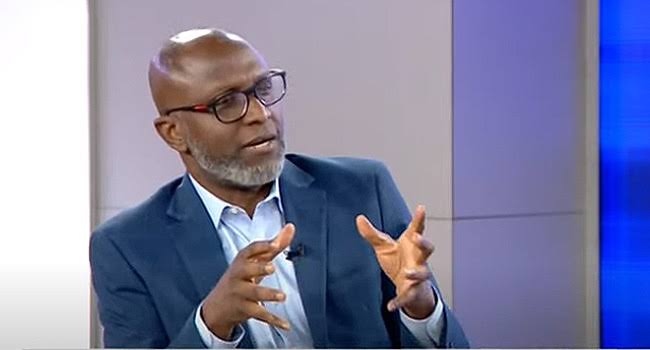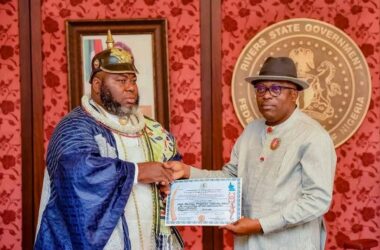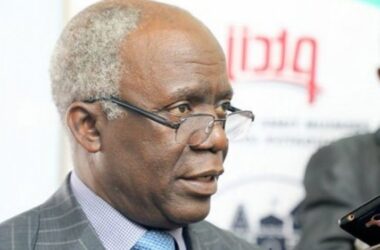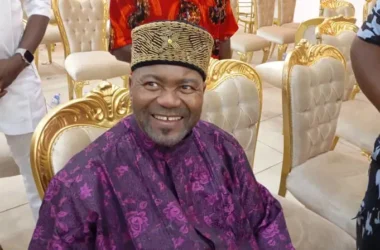Under the auspices of the United Nations Summit of the Future, which opens on Sunday, September 22, world leaders would be discussing how to overhaul the current global financial system, which has become a burden for nations struggling economically like Nigeria.
Mr. Laolu Akande, Empowered Newswire founder who is in New York to cover the United Nations 79th General Assembly, made this disclosure earlier today during an interview with Channels TV Business Incorporated programme on Friday.
The veteran journalist noted, “For quite a while now, there has been conversations and narratives around the inequitable nature of the global financial architecture mainly because many of the poorest countries are paying or spending much more of their resources on paying debts or spending less on education, health and even infrastructure. When you put together what countries spend on education and infrastructure, it doesn’t come close to how much money they are spending and paying debts. That’s one big aspect of the conversation that has been going on that will be featuring big time on the [UN] Summit of the Future.”
Akande, who worked as professor in two US colleges teaching African Political History & Communication, pointed out that the ongoing conversations about the inequitable nature of the global financial system will take center stage at the forthcoming UN Summit of the Future, where world leaders and experts are expected to discuss long-overdue reforms. According to him, the current global financial setup, established by about 45 countries at the inception of the United Nations, has become outdated and ineffective in addressing the needs of today’s developing economies.
The former presidential spokesperson further noted the growing consensus that the current financial system fails to reflect the realities of a rapidly evolving global economy. He noted that United Nations Secretary-General António Guterres has been at the forefront of calls to overhaul the system, advocating for a fairer arrangement that provides struggling nations with more flexibility and opportunity to invest in their people and infrastructure.
“At the inception of the UN, around 45 countries set up what is now known as the global financial architecture. But the world has changed dramatically since then,” Akande remarked. “The Secretary-General has rightly pointed out that this system has become ineffective and it’s high time we restructured it to give all nations, particularly those suffering from extreme poverty, a fair chance. This would allow more resources to be channeled into human capital development.”
According to Akande, reforming the financial architecture would enable countries, including Nigeria, to allocate more funds toward crucial sectors such as education, healthcare, and social infrastructure, ensuring that the benefits of economic growth are widely shared. He stressed that, without these reforms, many nations would continue to face insurmountable debt challenges, perpetuating cycles of poverty and underdevelopment.










